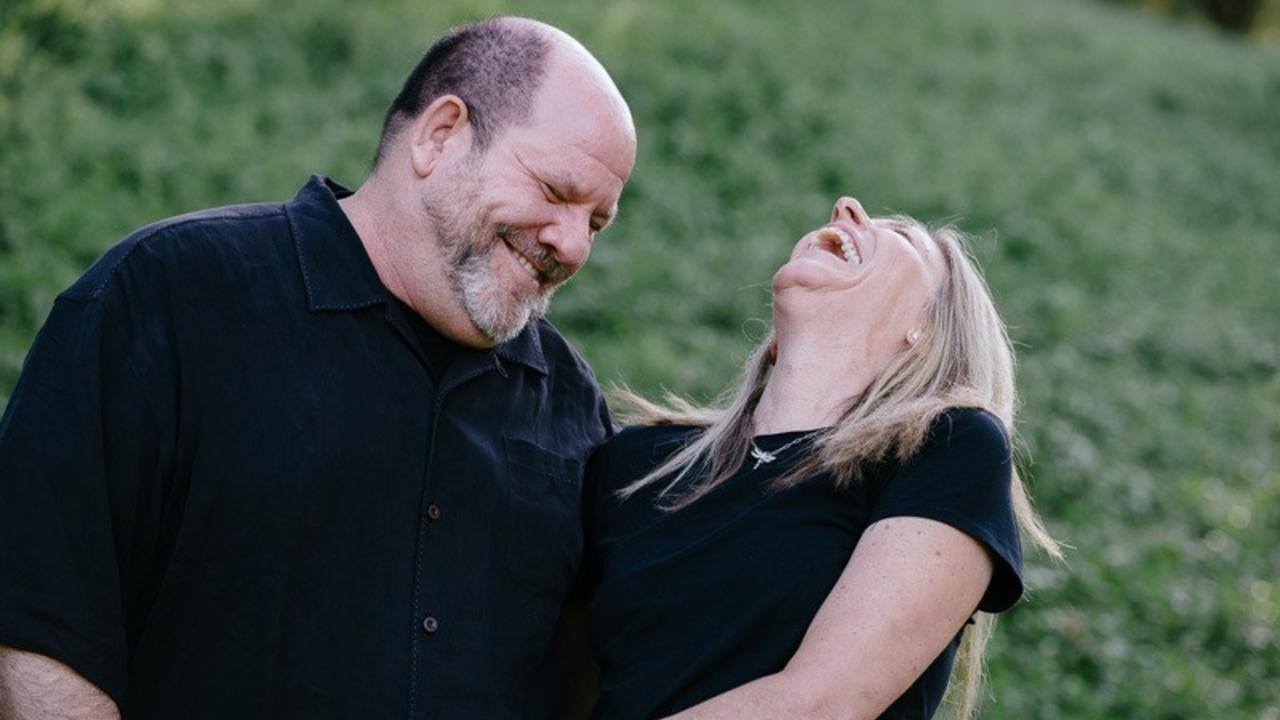by Stan Tatkin, PsyD, MFT
PACT Developer
As a couple therapist, I know how difficult people can be. Actually, as a person on this planet and a romantic partner to my wife, Tracey, I count myself as one of those difficult people. Indeed, in no way do I put myself above any of the other annoying peopl...
By Stan Tatkin, PsyD, MFT
Originally published in Science of Psychotherapy, July 2022
Introduction
As a couple therapist, I struggle with partners every day who seem primarily to follow their feelings and emotions when attempting to govern each other. These couples exist without a shared, co-cr...
Stan Tatkin, PsyD, MFT
PACT Founder
In PACT, we expect couples to be secure functioning. But even secure-functioning couples have problems. You will see secure-functioning couples in your office.
How do you know if the couple in your office is secure functioning?
- They come in with a therapeu ...
Welcoming Baby Bomb
The following is an excerpt from Baby Bomb: A Relationship Survival Guide for New Parents, by Kara Hoppe and Stan Tatkin, now available for purchase here.
When Jude was only a few days old, Charlie and I were sitting all cozy on our couch on a winter afternoon, as we’d done ma...
Stan Tatkin, PsyD, MFT
In the summer of 2020, the PACT Institute – and Tracey and I personally – made a commitment to improve our diversity, equity, and inclusion (DEI) efforts and to better serve systemically marginalized communities. We immediately started working with a DEI consultant to help ...
by Stan Tatkin, PsyD, MFT
PACT Founder
A study by Nagasawa and his colleagues in Japan (2009) some years ago involving dogs and their owners found that if a dog looked into its owner’s eyes by finding the gaze first, the owner’s oxytocin levels went up. (I suspect dopamine might also be increase...
From the Science of Psychotherapy, January 2021
By Stan Tatkin, PsyD, MFT
Most people will probably agree that 2020 has been an exceedingly difficult year: the world moving away from liberal democracy; a global pandemic that may continue well into 2022; global economic markets in crisis; natio...
We’ve known for a long time about the many benefits of cultivating a sense of gratitude: more joy, less stress, better health.
So when anxiety started to bubble up earlier this year, it seemed like an especially good time to begin a more intentional practice of flexing those gratitude muscles. Sinc...
By Stan Tatkin, PsyD, MFT
PACT Co-Founder
http://thepactinstitute.com

Two main issues face the PACT family therapy process: Structure and Attendance.
Structure
A challenge within typical family therapy is the structure that holds some family members to their particular family roles. While vie...
by Stan Tatkin, PsyD, MFT
Many partners ask me how to take care simultaneously of themselves and of their partner. In practical terms, this can be difficult to carry off. Similarly, some couple therapists find it difficult to convey the principle of simultaneous care to couples they treat. This blo...
by Stan Tatkin, PsyD, MFT,
stantatkin.com
Our brains are remarkable organs. They take in and use massive amounts of information from inside and outside our bodies and allow us to go through about 90% of our day automatically. We can get from point A to point B while checking our emails, talking to o...













